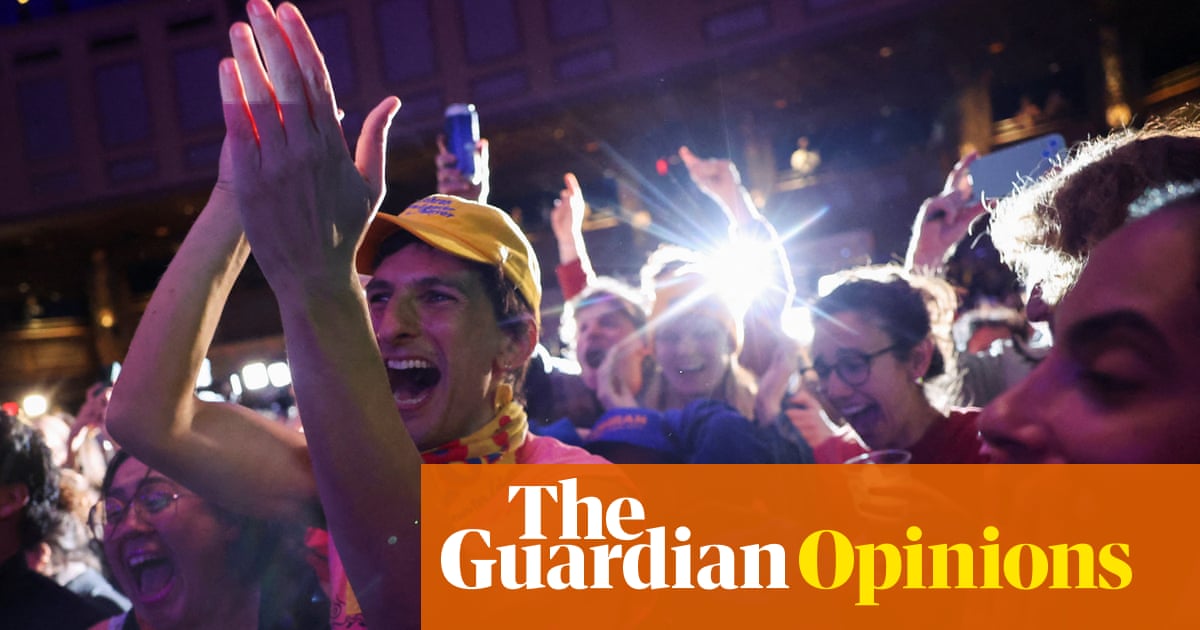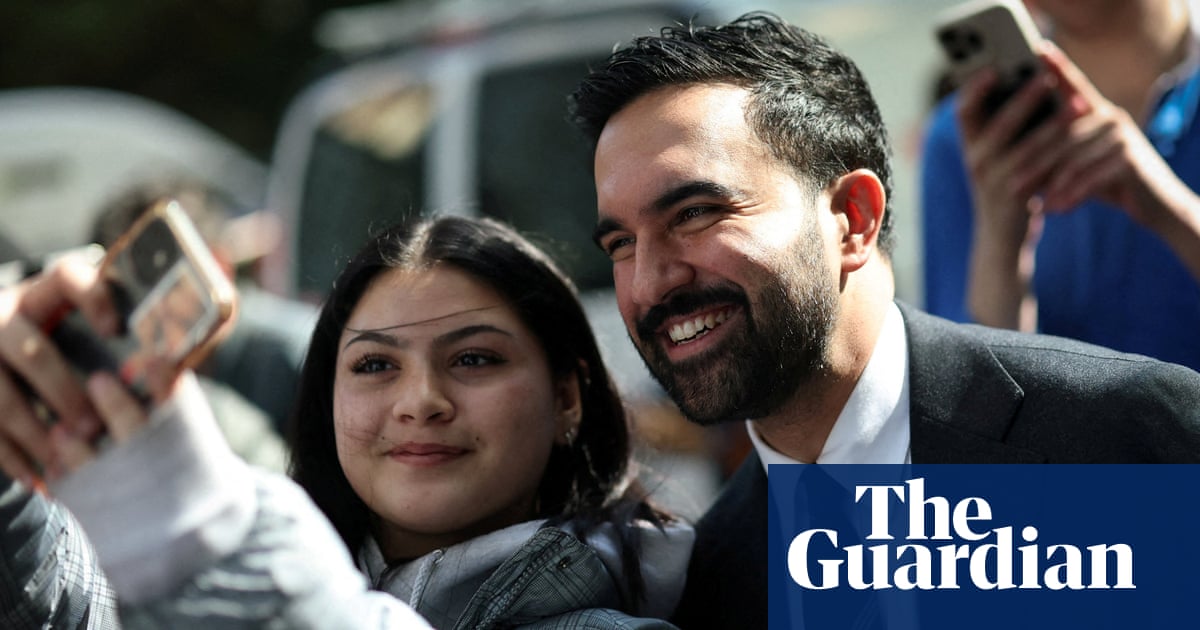Your editorial rightly highlights the challenges facing today’s graduates (The Guardian view on the graduate jobs crunch: AI must not be allowed to eclipse young talent, 2 July). But while it casts artificial intelligence as a threat to young talent, it misses a deeper truth: AI isn’t just disrupting the job market, it’s reshaping it entirely.
Unfortunately, the decline in entry-level roles is not a temporary glitch. AI already outperforms most graduate hires in tasks such as summarising, analysing and content creation. As the technology evolves, it will continue to replace higher-skilled mid-level and expert roles in fields such as law, finance, marketing and journalism.
AI is cheaper, faster and more scalable than most graduate employees. For-profit companies have little incentive to choose graduates over AI systems unless regulation compels them.
None of this means young people are obsolete. But it does mean we need to reimagine the future. Universal basic income, once seen as radical, is becoming a practical response to a world with fewer jobs, where opportunity must be decoupled from employment.
The real risk isn’t automation. It’s inertia. As technology develops at an unprecedented pace, clinging to outdated employment models will only deepen socioeconomic inequality and we will fail the next generation.
AI has the potential to liberate us from repetitive labour. But to ensure it benefits everyone we must act now, not just to protect jobs but to redefine what it means to live, contribute and thrive in an age of intelligent machines.
Ben Woodford
Employment support specialist, Cardiff
As someone working in the service sector and attempting to retrain using AI tools myself, I see both the promise and peril of this rapid technological shift. The potential of AI to revolutionise industries is undeniable. But the cost must not be borne by a generation already scarred by a pandemic-disrupted education, crushing student debt and, now, shrinking pathways into meaningful careers.
Graduates are not just entry-level labourers – they are future innovators, leaders and entrepreneurs. Denying them the chance to learn, grow and gain experience because a machine can draft a memo faster is shortsighted. A generation raised on digital fluency is uniquely placed to enhance, not be replaced by, emerging technologies.
We need urgent action, not just rhetoric. That means government incentives for companies to hire and train graduates. It means AI integration that supports rather than supplants human development. It means rethinking what “entry-level” work should look like in the 2020s and ensuring mentorship, creativity and real responsibility remain part of it.
Clare Coley
Tunstall, Staffordshire
I am 77 and a retired engineer. I have been using and creating AI GPTs (generative pre-trained transformers) for more than two years. It is a revolution in collaborative thinking and problem solving. Graduates must learn to use it to solve business problems in everything they do. They must learn to use and create their own GPTs to increase productivity and lower costs. Productivity depends on continuously improving processes. AI does this. Learn it. Use it. Those who don’t will not have careers.
Joseph P Lapinski
Gdynia, Poland

 3 months ago
89
3 months ago
89

















































